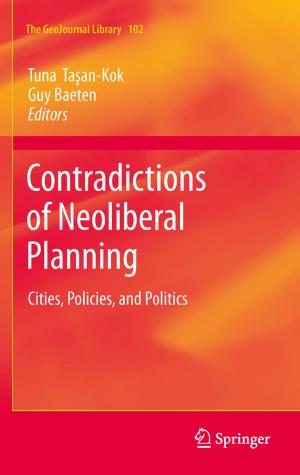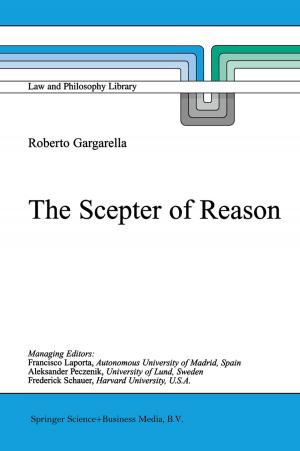The Refugees as a Burden a Stimulus, and a Challenge to the West German Economy
Nonfiction, Social & Cultural Studies, Political Science, Government, Social Policy, Social Science, Cultural Studies, Emigration & Immigration| Author: | Friedrich Edding | ISBN: | 9789401195386 |
| Publisher: | Springer Netherlands | Publication: | March 9, 2013 |
| Imprint: | Springer | Language: | English |
| Author: | Friedrich Edding |
| ISBN: | 9789401195386 |
| Publisher: | Springer Netherlands |
| Publication: | March 9, 2013 |
| Imprint: | Springer |
| Language: | English |
The study by Dr Friedrich Edding is, as far as I can see, the first paper to treat the economic side of the Refugee problem in Western Germany in an impartial form, showing, on the basis of new figures, its positive as well as its negative aspect and effect. Anyhow it may be of some use to underline - from the "bird's-eye view point" of Basle - some of his conceptions and conclusions and to throw some light on the sociological background which makes this particular problem the hard core of the social and political situation of Western Germany - and probably of Western Europe as well. Firstly: it must be noted that this scientific analysis supports neither the optimists nor the pessimists. The optimists are bound to admit that the stimulus provided by new manpower and entrepreneurial initiative is more than counterbalanced by lack of capital and by the need for considerable aid in the form of housing, clothes and money for millions of refugees who are old, sick or for other reasons unable to work. The pessimists are bound to admit that the burden of 9 million immigrants is an enormously stimulating challenge to Western Germany and that this burden is partly counterbalanced by the new firms, methods and techniques which owe their foundation, application or development respectively to the Refugee entrepreneurs, cattle-breeders or seed-growers.
The study by Dr Friedrich Edding is, as far as I can see, the first paper to treat the economic side of the Refugee problem in Western Germany in an impartial form, showing, on the basis of new figures, its positive as well as its negative aspect and effect. Anyhow it may be of some use to underline - from the "bird's-eye view point" of Basle - some of his conceptions and conclusions and to throw some light on the sociological background which makes this particular problem the hard core of the social and political situation of Western Germany - and probably of Western Europe as well. Firstly: it must be noted that this scientific analysis supports neither the optimists nor the pessimists. The optimists are bound to admit that the stimulus provided by new manpower and entrepreneurial initiative is more than counterbalanced by lack of capital and by the need for considerable aid in the form of housing, clothes and money for millions of refugees who are old, sick or for other reasons unable to work. The pessimists are bound to admit that the burden of 9 million immigrants is an enormously stimulating challenge to Western Germany and that this burden is partly counterbalanced by the new firms, methods and techniques which owe their foundation, application or development respectively to the Refugee entrepreneurs, cattle-breeders or seed-growers.















